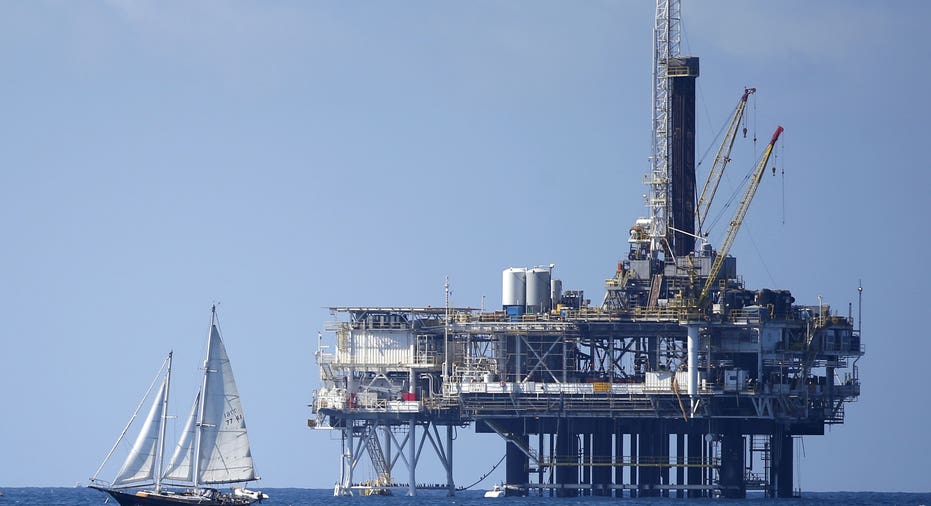Oil prices fall almost 2% after end-of-week rally

Oil prices fell nearly 2 percent on Monday, pulling back from last week's rally built on signs the global market is starting to rebalance from chronic oversupply.
Brent crude futures lost 2 percent, or $1.07, at $51.65 a barrel as of 12:01 p.m. EDT (1601 GMT), after surging more than 3 percent on Friday.
U.S. West Texas Intermediate crude futures fell 1.9 percent, or 90 cents, to $47.63 a barrel. The contract had also risen 3 percent in the previous session.
"We are currently seeing some profit-taking after Friday's strong rally ahead of this week's inventory data," said Hans van Cleef, senior energy economist at ABN Amro.
"Fresh uncertainty about inventories and OPEC compliance (with agreed production cuts) could be enough reason to sell some of the long positions."
U.S. hedge funds and money managers have already started reducing bets on rising prices, with Commodity Futures Trading Commission data showing on Friday that investors had cut bullish bets on U.S. crude for a second straight week.
Investors in Europe disagree on the outlook, however, as data from the InterContinental Exchange showed speculators raised bullish Brent crude bets last week.
The world remains awash with oil despite a deal struck by some of the world's biggest producers to rein in output. Rising U.S. production has been a major factor keeping supply and demand from balancing.
There are indications that U.S. output may soon slow, as energy companies cut rigs drilling for new oil for a second week in three, energy services firm Baker Hughes said on Friday. Drillers cut five rigs in the week to Aug. 18, decreasing the count to 763. <RIG-OL-USA-BHI>
U.S. commercial crude inventories have fallen almost 13 percent from their March peaks to 466.5 million barrels. <C-STK-T-EIA>
The oil minister of Kuwait, which is participating in OPEC-led production cuts, said U.S. crude stocks were falling more than expected because output cuts were taking effect.
Azerbaijan, not an OPEC member but one of the countries which has committed to the production curbing deal, remains committed to cutting output, the head of state oil company SOCAR told Reuters on Monday.
A shutdown of Libya's Sharara field due to a pipeline blockage provided some upside. Libya's National Oil Corp declared force majeure on loadings of Sharara crude from the Zawiya oil terminal on Sunday.
(By David Gaffen; Additional reporting by Karolin Schaps in Amsterdam and Henning Gloystein in Singapore; Editing by Marguerita Choy)



















